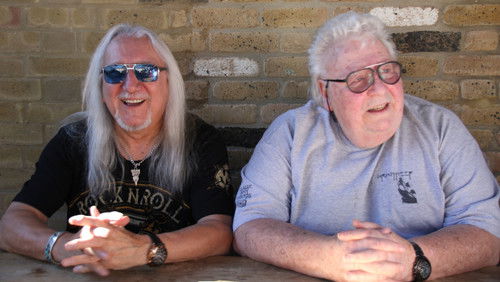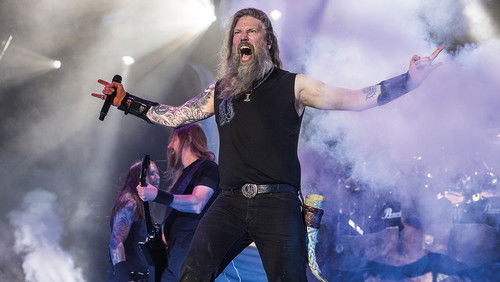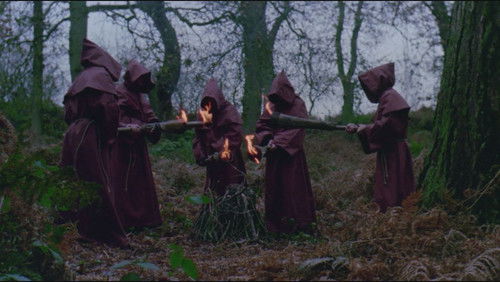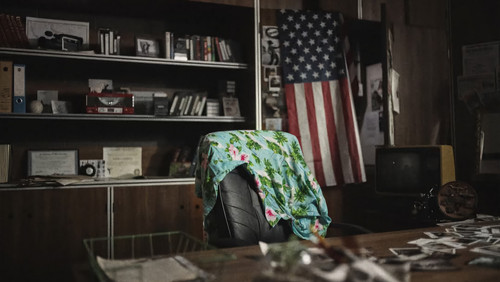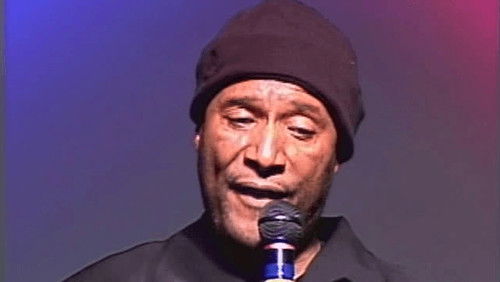Babys (2010)
28KBabys: Directed by Thomas Balmès. With Bayar, Hattie, Mari, Ponijao. A look at one year in the life of four babies from around the world, from Mongolia to Namibia to San Francisco to Tokyo.
“Having recently celebrated the birth of Liliana, our first grandchild, I admit I am a little biased toward babies in general and the documentary Babies by Thomas Balmes in particular. The film, however, stands on its own as a joyous celebration of the first year of life for four youngsters in different parts of the world. Filmed without narration, subtitles, or any comprehensible dialogue, Babies is a direct encounter with four babies who stumble their predictable ways to participating in the awesome beauty of life.u003cbr/u003eu003cbr/u003eEnhanced by the inspiring music by Bruno Coulais, we follow Mari, a little girl in Tokyo Japan; Ponijao, another girl living in Namibia in Africa with their mother and eight brothers and sisters; Bayer (Bayarjargal) a boy who lives in Mongolia; and Hattie, definitely the most privileged of the four who lives with her apparently super aware parents in San Francisco. Watching their development over the first twelve months of life is a direct experience of the enchantment that life has to offer. The babies laugh, they cry, they play, they get frustrated, they poop, and they bask in the loving tenderness of those around them.u003cbr/u003eu003cbr/u003eNeedless to say, their experience of the first year of life is vastly different, yet what stands out is not how much is different but how much is universal as each in their own way attempts to conquer their physical environment. Mari becomes frustrated as she sets about getting the hang of teaching toys by attempting to place a spindle into the hole of a disc. Bayer unravels a role of toilet paper and then takes bites out of it when it is all undone. Hattie crawls towards the door during a parental ecology meeting in San Francisco as if to say, u0026quot;Get me out of here, Iu0026#39;ve had enough of thisu0026quot;.u003cbr/u003eu003cbr/u003eThough the language is different as well as the environment, the babies cry the same, laugh the same, and try to learn the frustrating, yet satisfying art of crawling, then walking in the same way. Of course, those in Tokyo and San Francisco have definite physical advantages over their young counterparts in Mongolia and Namibia. Hattie has the advantage of cultured and literate parents who read to her and show her books with the title u0026quot;No Hitting.u0026quot; Bayer and Ponijao live close to earth, naturally sitting with goats or playing among cows, having their tongue licked by a dog, and even drinking water out of a dirty stream, yet we are confident that life for Bayer and Ponijao, though culturally different than for Hattie and Mari, will survive and prosper by the loving ways of their own parents and the environment in which they live. You will either find Babies entrancing or slow moving depending on your attitude towards babies because frankly thatu0026#39;s all there is, yet for all it will be an immediate experience far removed from the world of cell phones and texting, exploring up close and personal the mystery of life as the individual personality of each child begins to emerge. For me, it was difficult to resist.”
